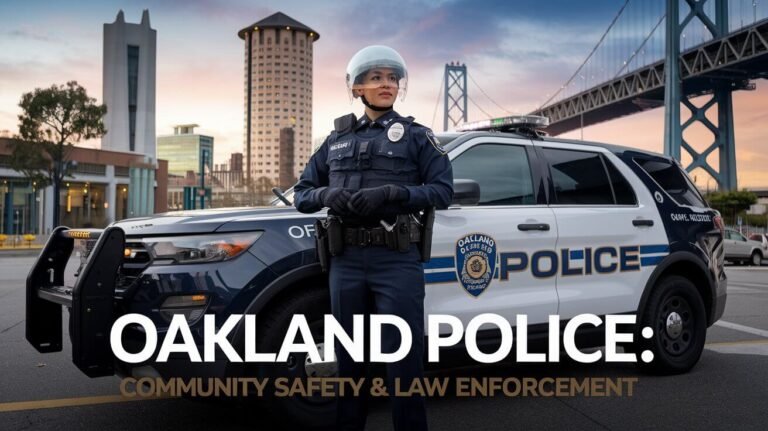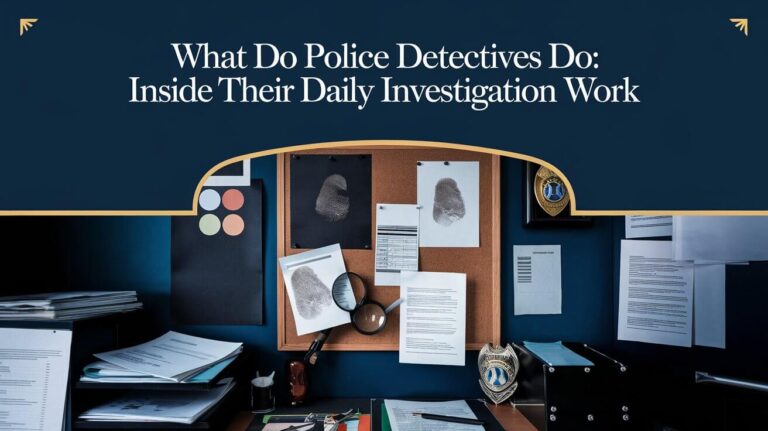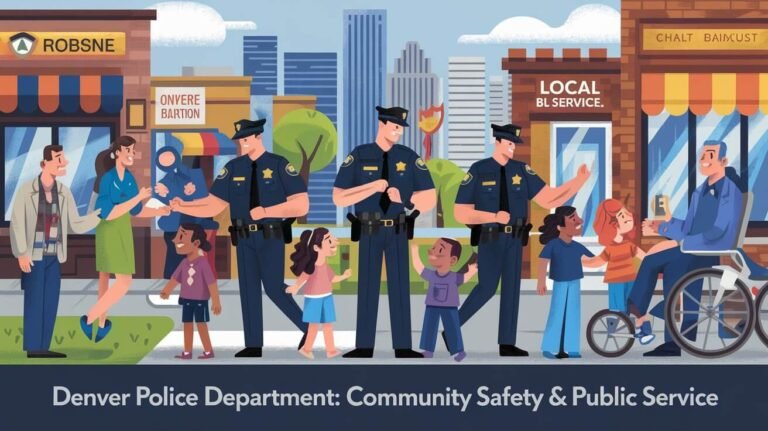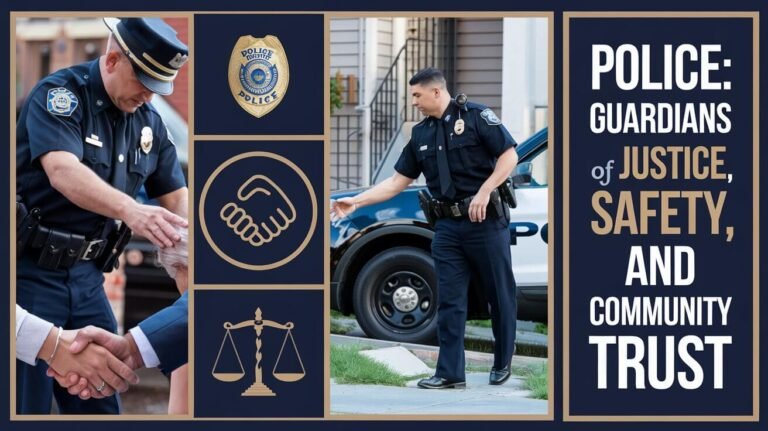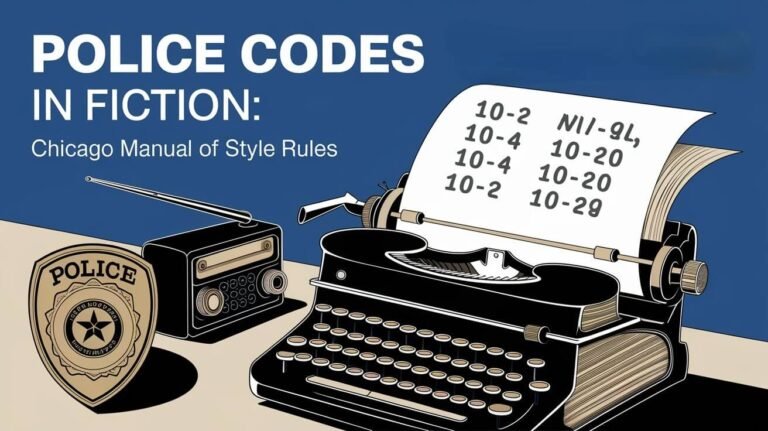How to Get a Police Report Thrown Out: A Comprehensive Guide
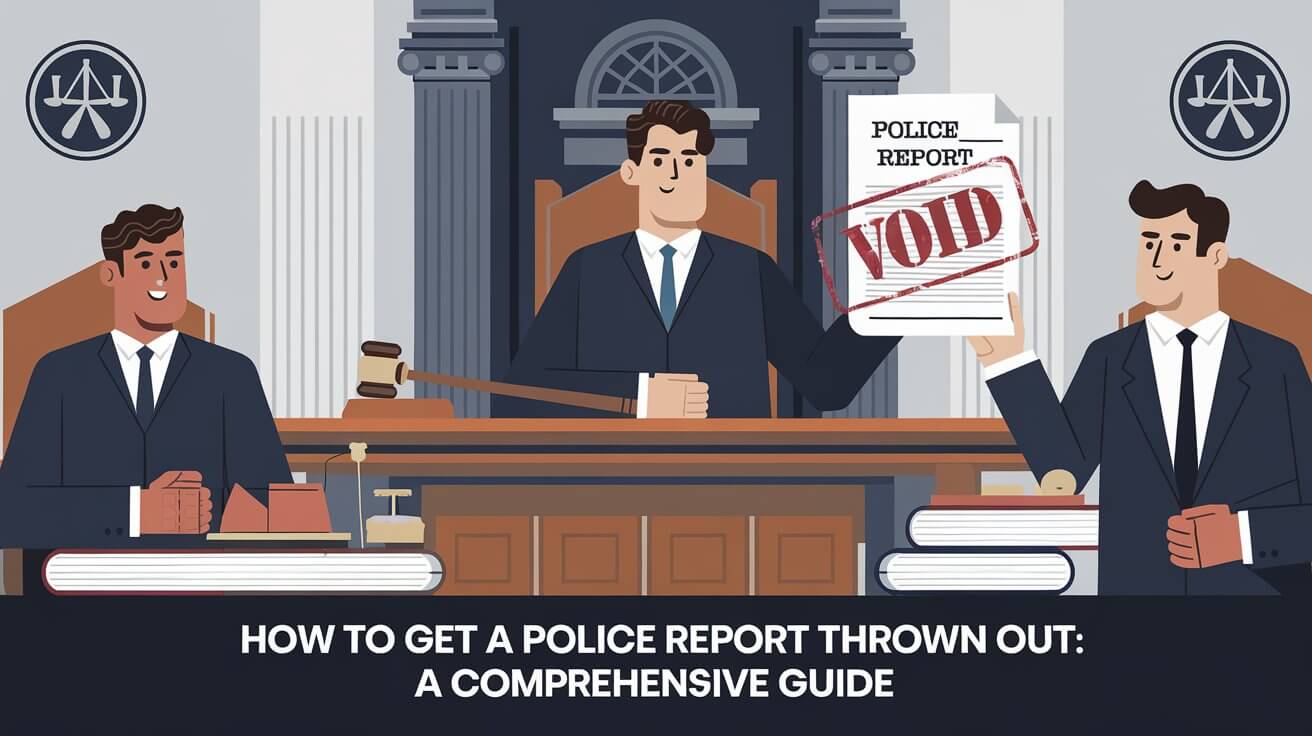
Getting a police report thrown out is possible through careful review, gathering evidence, and following proper legal procedures. This guide will walk you through the steps to challenge inaccurate police reports, explore your legal options, and understand the potential outcomes of such challenges.
Police reports play a crucial role in the justice system. They often serve as the foundation for criminal charges and can significantly impact the outcome of legal proceedings. However, these reports aren’t always perfect. Errors, misinterpretations, or even bias can creep in, potentially leading to unfair consequences for those involved.
If you find yourself facing an inaccurate police report, don’t lose hope. This article will equip you with the knowledge and strategies to effectively challenge and potentially get a police report thrown out.
What is a Police Report?
A police report is an official document created by law enforcement officers detailing the facts and circumstances of an incident. These reports typically include:
- Date, time, and location of the incident
- Names and contact information of those involved
- Witness statements
- Officer observations
- Evidence collected
- Preliminary conclusions about what occurred
Police reports serve as a record of the incident and often form the basis for further investigation or legal action. They’re used by prosecutors, insurance companies, and courts to make decisions about cases.
Reasons to Challenge a Police Report
Several factors might prompt you to challenge a police report:
Factual Errors
Mistakes happen. An officer might mistype a license plate number, mix up names, or record the wrong date. These seemingly small errors can have big consequences.
Misinterpretations or Bias
Sometimes, an officer’s perception of an event might not align with reality. Personal biases, whether conscious or unconscious, can color their interpretation of a situation.
Omissions of Important Details
Key information might be left out of a report, either accidentally or intentionally. These omissions can paint an incomplete or misleading picture of what happened.
Procedural Mistakes
If proper procedures weren’t followed during the incident or while creating the report, it could provide grounds for challenging its validity.
Steps to Challenge a Police Report
Review the Report Thoroughly
Start by obtaining a copy of the police report. Read it carefully, noting any inaccuracies, omissions, or areas of concern. Pay attention to dates, times, locations, and the sequence of events described.
Gather Evidence to Support Your Case
Collect any evidence that contradicts the information in the police report. This might include:
- Photos or videos from the scene
- Witness statements
- Medical records
- Receipts or other documents showing your location at the time of the incident
Contact the Reporting Officer
Sometimes, simple errors can be corrected by contacting the officer who wrote the report. Approach this conversation respectfully, focusing on the facts rather than accusations.
File a Formal Request for Amendment
If talking to the officer doesn’t resolve the issue, you can file a formal request to amend the report. This process varies by jurisdiction, so check with your local police department for specific procedures.
Legal Options for Getting a Police Report Thrown Out
When administrative channels don’t work, legal options come into play:
Motion to Suppress Evidence
Your attorney can file a motion to suppress evidence if the police report contains information obtained illegally or in violation of your rights.
Challenging Probable Cause
If the report forms the basis for an arrest or search, and it contains significant errors, you might be able to challenge the probable cause for that action.
Exposing Constitutional Violations
Any violations of your constitutional rights during the incident or investigation can be grounds for challenging the report and potentially getting it thrown out.
The Role of Witnesses in Challenging Police Reports
Witnesses can play a crucial role in challenging police reports:
Importance of Eyewitness Accounts
Credible eyewitness testimony that contradicts the police report can be powerful evidence in your favor.
How to Obtain Witness Statements
Act quickly to get statements from witnesses while their memories are fresh. Consider having these statements notarized for added credibility.
Dealing with Conflicting Witness Testimonies
If witness accounts conflict with each other or the police report, an experienced attorney can help navigate these complexities and build the strongest possible case.
Impact of Body Cameras and Surveillance Footage
In today’s digital age, video evidence can be a game-changer:
Using Video Evidence to Challenge Reports
Footage from surveillance cameras, smartphones, or dashcams can provide objective evidence that contradicts an inaccurate police report.
Requesting Access to Police Body Cam Footage
Many police departments now use body cameras. You have the right to request this footage, which can provide crucial evidence to support your case.
Limitations of Video Evidence
While powerful, video evidence isn’t always perfect. Camera angles, quality issues, or incomplete footage can limit its usefulness. A skilled attorney can help interpret and present video evidence effectively.
Working with a Lawyer to Challenge Police Reports
Legal expertise can significantly improve your chances of successfully challenging a police report:
Benefits of Legal Representation
A lawyer experienced in challenging police reports can:
- Identify the strongest arguments for your case
- Navigate complex legal procedures
- Negotiate with prosecutors or police officials
- Represent you in court if necessary
How Lawyers Can Help in the Process
Attorneys can:
- File necessary motions and paperwork
- Gather and present evidence effectively
- Cross-examine witnesses
- Argue your case before a judge
When to Hire a Lawyer
If you’re facing serious charges or the errors in the police report could lead to significant consequences, it’s wise to consult with an attorney as soon as possible.
Potential Outcomes of Challenging a Police Report
Challenging a police report can lead to several outcomes:
Report Amendment
The police department might agree to amend the report to correct errors or add missing information.
Case Dismissal
In some cases, successfully challenging a police report can lead to the dismissal of charges against you.
Reduced Charges
Even if charges aren’t dismissed entirely, exposing inaccuracies in the police report might lead to reduced charges or more favorable plea bargain terms.
Preventing Inaccurate Police Reports
While you can’t control what an officer writes, you can take steps to promote accuracy:
Know Your Rights During Police Interactions
Understanding your rights can help you avoid saying or doing things that might be misinterpreted or misreported.
Documenting Your Own Version of Events
As soon as possible after an incident, write down your recollection of what happened. This can help you remember details later and spot discrepancies in the official report.
Importance of Remaining Calm and Cooperative
Staying calm and cooperating with officers (while exercising your rights) can reduce the likelihood of misunderstandings or confrontations that might lead to inaccurate reporting.
The Ethics of Challenging Police Reports
It’s important to approach this process ethically:
When It’s Appropriate to Challenge
Challenge a report when it contains genuine errors or misrepresentations that could lead to unfair consequences. Don’t attempt to manipulate the truth for personal gain.
Balancing Truth and Legal Strategy
While it’s crucial to correct inaccuracies, work with your attorney to ensure your challenges align with broader legal strategies and don’t inadvertently harm your case.
Case Studies: Successful Challenges to Police Reports
Real-world examples can illustrate the impact of challenging police reports:
Example 1: Factual Error Leading to Dismissal
In one case, a defendant faced DUI charges based on a police report stating they failed a breathalyzer test. However, medical records showed the defendant had a respiratory condition that made the test results unreliable. The charges were dismissed when this evidence was presented.
Example 2: Video Evidence Contradicting Report
A police report claimed a suspect resisted arrest violently. Surveillance footage from a nearby business showed the suspect complying peacefully. This video evidence led to the charges being dropped and an internal investigation of the officer involved.
Example 3: Witness Testimony Overturning Report
In an assault case, the police report identified the wrong person as the aggressor based on similar clothing. Multiple witness statements contradicted this, leading to the charges being transferred to the actual perpetrator.
Conclusion
Getting a police report thrown out isn’t easy, but it’s possible with the right approach and evidence. Remember, police reports, while official documents, aren’t infallible. Errors, misinterpretations, and sometimes misconduct can lead to inaccuracies that could seriously impact your life.
By thoroughly reviewing the report, gathering strong evidence, and working with experienced legal professionals, you can challenge inaccurate police reports effectively. Whether it results in an amended report, dismissed charges, or a more favorable legal outcome, the effort to correct the record is often worthwhile.
Always approach this process ethically and remember that the goal is to ensure accuracy and fairness in the justice system. With persistence, attention to detail, and proper legal guidance, you can navigate the challenge of getting a police report thrown out and protect your rights in the process.


